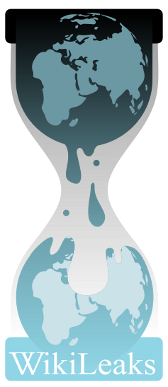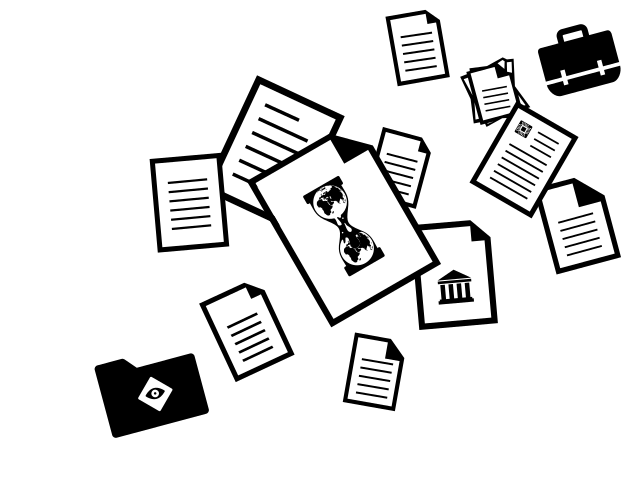
When the Chaos Computer Club added two new points to Steven Levy’s hacker ethics in the mid-1980s, these two points were essentially influenced by Wau Holland’s ideals and ideas. In the following decades, “Use public data - protect private data” became one of the core topics of the CCC’s political and technical activities. After Wau’s early death in 2001, this struggle for freedom of information and informational self-determination also became the main concern of the foundation that bears his name.
While informational self-determination was enshrined as a fundamental right by the Federal Constitutional Court as early as 1983 in the census verdict, freedom of information has remained a controversial field in social discourse to this day. We are still as far away from the ideal of a free society in which all people have unrestricted access to the information that concerns them as we were 35 years ago. The “Freedom of Information Act” of 2006 is actually more of a fig leaf, behind which the secrecy of the state, industry and influential groups continues to be practised.
In this sense, it is a shame that the transparency of socially relevant processes can often only be achieved through the courageous decision of whistleblowers to bring documents out of the darkness of secrecy and into the public eye. Without Daniel Ellsberg’s leaking of Pentagon paper, the public would still know less about the background of the Vietnam War, without Chelsea Manning’s leaking of documents less about the events in Iraq and Afghanistan, and without Edward Snowden’s leaking of documents less about the global intelligence surveillance machine.
For this reason it was natural for the Wau Holland Foundation to collect donations for WikiLeaks as early as 2009. For the foundation, the purpose of WikiLeaks is to provide a secure platform for anonymous submission and publication of relevant leaked documents.
The necessity and benefit of such a platform for an informed society is still explicitly affirmed today by the Wau Holland Foundation. The Foundation has since used donations for Wikileaks publications when the donation is marked as intended for the work of Wikileaks. In addition to WikiLeaks, the Foundation also financially supports other projects in the field of freedom of information, including the platform “Ask the State”.
When WikiLeaks began publishing the diplomatioc cables from Chelsea Manning’s leak at the end of 2010, the Wau Holland Foundation’s PayPal donation account was blocked and the Kassel tax office withdrew its non-profit status for 2011. Despite these events, the foundation did not give up its support of WikiLeaks and continued to collect donations for the project. With the Hamburg tax office (which has been responsible for the foundation since 2012), the foundations for the financial support and the form of cooperation between WikiLeaks and the foundation were agreed. The foundation regained its non-profit status and the support of WikiLeaks projects has not been questioned by the tax office or the responsible foundation supervisory authority since then.
The Wau Holland Foundation uses donations for WikiLeaks to support specific aspects of selected publications, i.e. infrastructure costs such as servers and coordinated processing work. The donations are only spent against invoices under the supervision of the Foundation; this is laid down in a framework agreement between the Foundation and SunshinePress as the representative of the WikiLeaks project and has been controlled for years by the responsible tax office. Julian Assange’s personal legal costs are not borne by the Foundation, but by an independent Defense Fund.
Based on the guidelines of the framework agreement, WikiLeaks budgets the expenditure (journalistic preparation and contextualisation, research etc.) for new publications in anonymised form (i.e. without reference to concrete contents or planned publication dates); the foundation board then decides after publication by simple majority whether a concrete publication is financed by the foundation. In fact, some publications have not been funded over time, including the publication of DNC and Podesta e-mails.
The Wau Holland Foundation is fundamentally committed to freedom of expression, but is in no way connected with or in consultation with the activities of Julian Assange/WikiLeaks on Twitter or other social media. Since the summer of 2016, part of the Foundation’s Board of Directors has had the impression that WikiLeaks’ public statements on Twitter and other social media question the independence and integrity of the Foundation.
